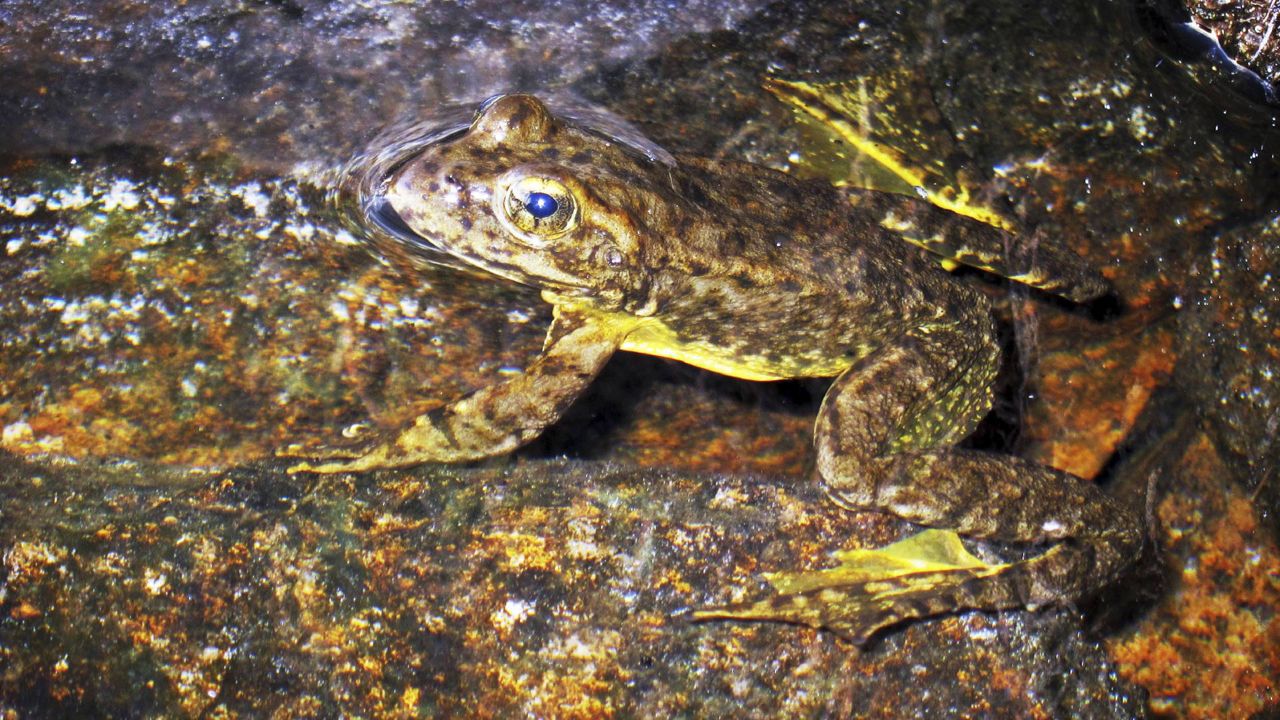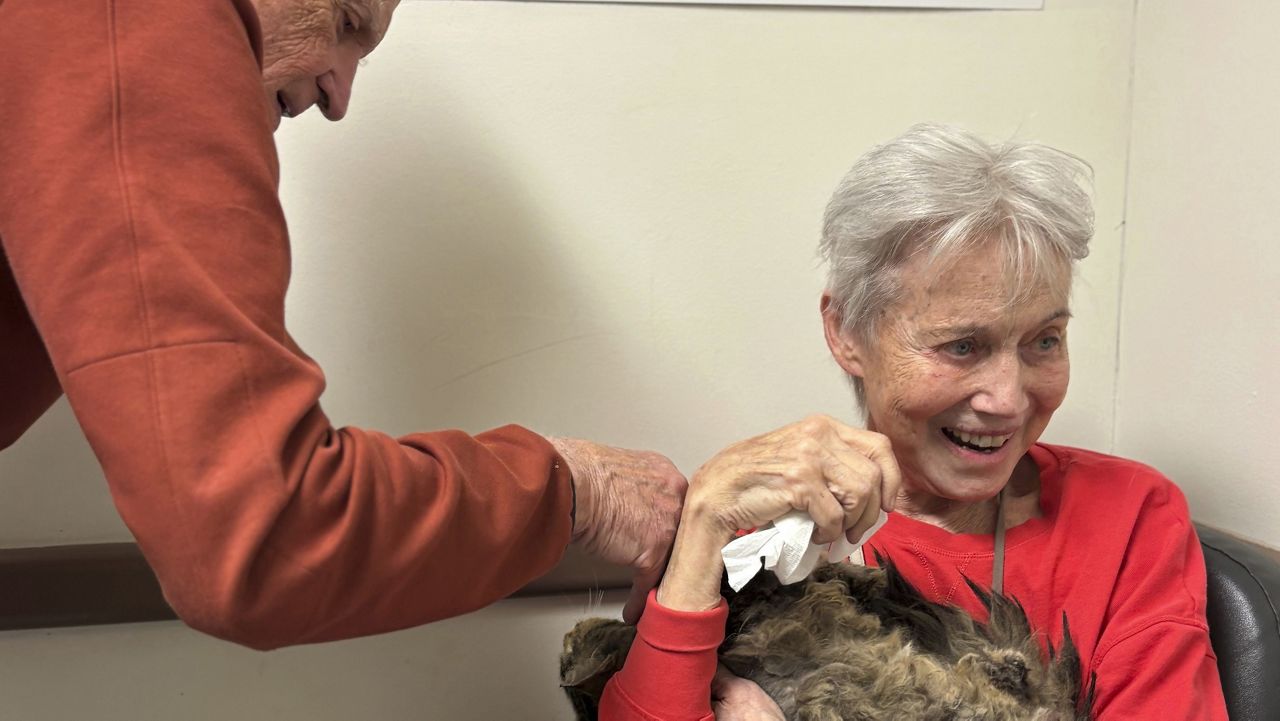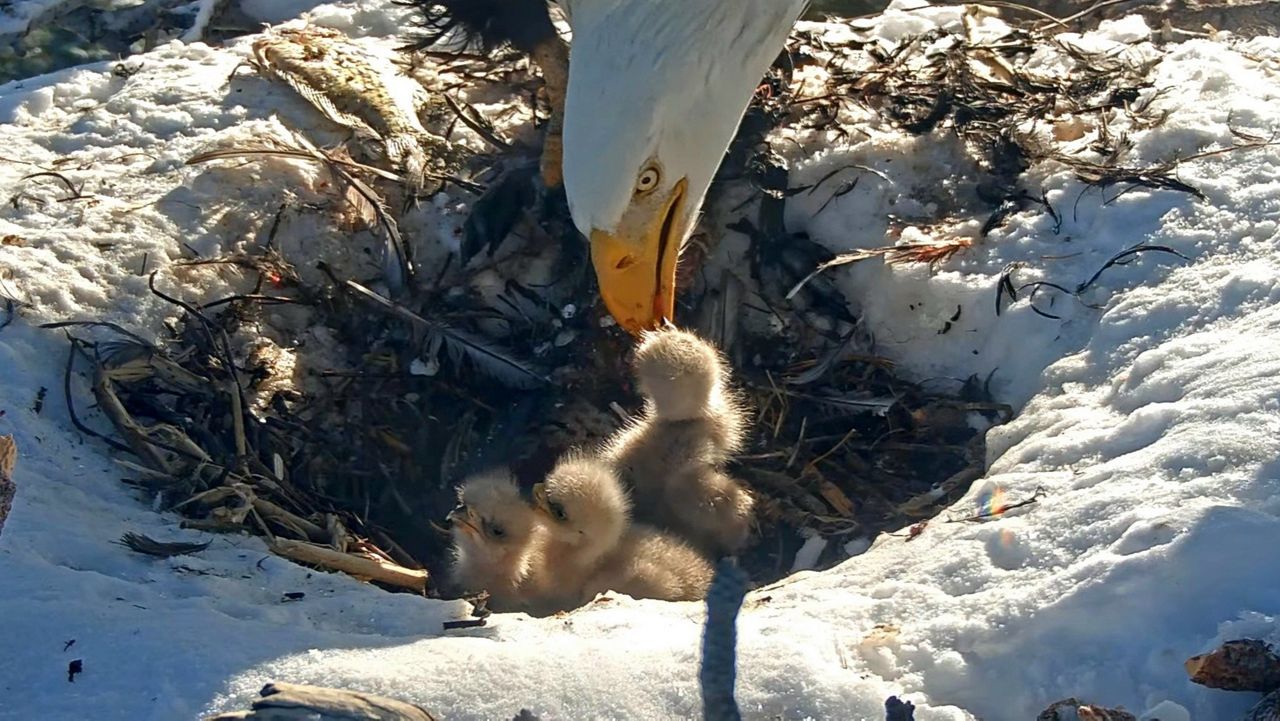IDYLLWILD, Calif. (CNS) — Several hundred endangered mountain yellow-legged frogs were released into the San Jacinto Mountains, and more are on the way, to begin what biologists hope will be years-long breeding activity to promote sustainability of the species, the U.S. Forest Service said Monday.
The 253 frogs were bred as part of a San Diego Zoo Wildlife Alliance project focused on restoring the species' habitat in the San Bernardino National Forest.
The release, which occurred Thursday, was the first of two planned this month. The second has not been scheduled, but is expected before July 30, according to the USFS.
"It will take many partners working together to help us fully restore mountain yellow-legged frogs throughout their Southern California range," U.S. Fish and Wildlife Service Field Supervisor Scott Sobiech said. "Although the frogs still face many threats, this release is a tremendous example of the progress we are making towards recovery for the frog."
According to the San Diego Wildlife Alliance, the frogs have been under threat of extinction throughout Southern California because of human encroachments, including recreation, as well as an increase in non-native predators. When the yellow legs landed on the California Endangered Species List in 2002, fewer than 100 were believed to be left in the wild, officials said. A few years later, the frogs were placed on the federal Endangered Species List.
In addition to the Forest Service, partners in the restoration effort include the Los Angeles Zoo, the Santa Ana Zoo and UCLA.
In some instances, forest rangers will be closing access to riparian areas to ensure the frogs are not disturbed, according to the USFS
"As land managers, our main role is to protect the frogs and their habitat so populations can recover," said Kim Boss, district wildlife biologist for the San Jacinto Ranger District. "One example is closing populated streams to public entry when frogs are active. We thank the public's continued adherence to the closure so these unique frogs have a fighting change."
The yellow legs prefer higher altitudes, and they once roamed throughout the Palomar, San Bernardino and San Gabriel Mountains, according to biologists.










